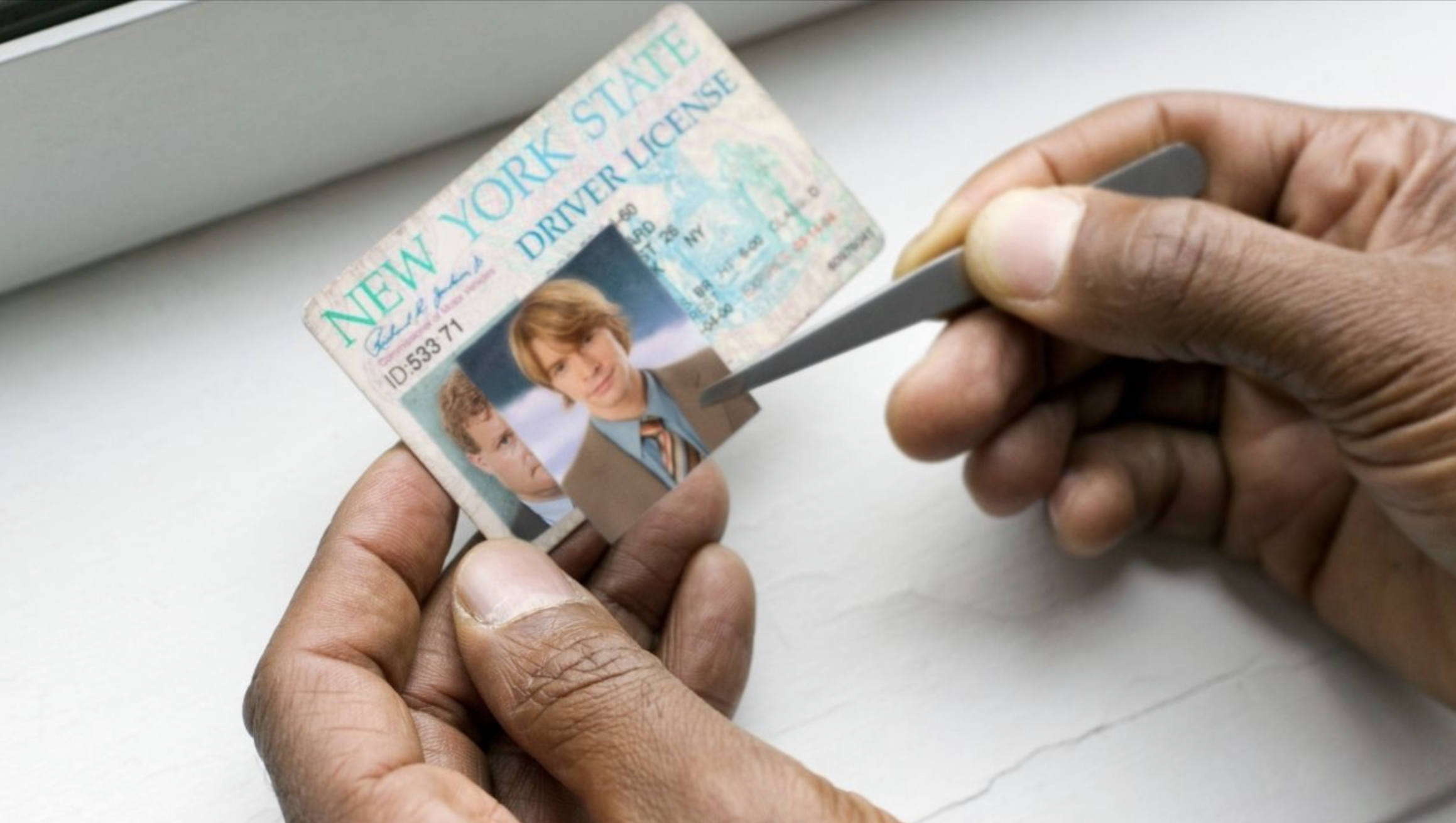What is the difference between a sgreat leader and an average one? I believe 15 qualities define a great leader. It’s not about charisma, power, or authority. These are traits that anyone can develop through hard work, dedication, and practice. Most leaders have all these qualities but don’t realize it. They also don’t know how to lead effectively.
If you want to be a great leader, you need to understand what makes a great leader. And if you’re already leading people, you need to understand what makes your team members happy, motivated, and productive. You need to know what they like and dislike, what motivates them, and what drains their energy.
If you want to become a leader, you need to practice confidence. Here are some ways to develop your leadership presence:
1. Show Up Early
Being punctual and showing up on time are essential qualities for anyone, especially leaders. Being late shows that you don’t care enough when people need you. Also, being on time helps you feel in control of your schedule. When you arrive at the start of a meeting, you can take a few moments to look over the agenda and prepare yourself for the discussion. You can do this by reviewing the key points of the schedule or by reviewing notes you’ve taken. This will give you something to think about while everyone else is gathering. It will help you stay calm and collected, making it easier to make good decisions.
2. Be Assertive
People often say that leadership requires being “a yes person.” But that’s not true. You don’t have to agree with everything someone says or does. You can ask questions and voice concerns. If you disagree with something, you should explain why. Don’t just sit there nodding along like a bobblehead doll.
3. Make Eye Contact
When you speak, keep your eyes on the person who asked you a question or gave you a suggestion. This is known as “making eye contact,” It communicates that you’re listening to them. If you’re talking to a group, look around the room and make sure everyone is focused on you. Keep your head up, so people know you’re paying attention.
4. Practice Saying “No” When Necessary
If you’re leading a team, it’s important to let people know when you’re too busy to meet their requests. They may not always understand why you can’t help them, but if you set boundaries, they’ll respect you more.
5. Use Your Body Language
Your posture, gestures, and facial expressions communicate a lot about your mood. A confident, open stance tells others that you’re willing to listen to feedback. An aggressive posture shows that you’re ready to act. If you want to convey confidence, practice standing tall and making eye contact.
6. Don’t Be Afraid to Admit When You Don’t Know Something
When trying to lead, you need to show others that you’re approachable and capable of admitting when you don’t know something. Letting people know you’re not perfect doesn’t mean you’re weak. It means you’re stronger than they are.
7. Focus on Results, Not Titles
You don’t need to worry about being promoted to CEO or President if you’re happy doing what you’re currently doing. Instead, focus on the results you achieve rather than the title you hold. Titles can change, but your actions will never go away.
8. Be Confident
This might sound simple, but it isn’t easy. When you’re feeling nervous or unsure, it’s easy to let your mind wander and start worrying. To avoid this, you need to focus on what’s important: yourself. Take a deep breath and remind yourself that you’re in control of your emotions and your situation. You can choose to feel confident or scared, and it’s your choice.
9. Stay Organized
Having a well-organized desk and filing system is essential for effective communication. It helps you stay focused on the tasks at hand and prevents you from wasting time searching for things that aren’t relevant. Plus, having a tidy workspace is a sign of professionalism.
10. Have A Plan
Leaders are responsible for planning out the future. When you have a clear vision of what you want to accomplish, you can better visualize how you’ll get there. Planning also helps you keep track of deadlines and avoid last-minute panic.
11. Ask Questions
Questions are the lifeblood of any conversation. They’re an opportunity to learn something new and engage with others. The best leaders are those who are curious and eager to grow.
12. Remember That You’re Not Alone
It’s easy to think that you’re the only one struggling with a problem. But most issues are common and can be solved with the correct information and guidance. By asking other people for advice, you can gain valuable perspectives and solve similar problems.
13. Treat People Fairly
Everyone has different strengths and weaknesses. If you treat everyone equally, you’ll create an environment where everyone feels appreciated. Everyone wants to be recognized for their contributions.
14. Keep Learning
To stay ahead of your competition, you need to improve constantly. Reading books and listening to podcasts can teach you new skills and perspectives. And you can apply these lessons to your personal and professional lives.
15. Believe In Yourself
If you don’t believe you can succeed, you won’t try hard enough to make it happen. There’s no limit to what you can achieve if you’re determined to do it.
How Can A Leadership Coach Help Enhance Your Leadership Skills
A leadership coach can help you become a great leader. Whether you’re looking to advance within your company or become a successful entrepreneur, you can benefit from working with a leadership coach. A leadership coach can help you develop your communication skills, manage your time effectively, and become more confident.
Stavros F. Baroutas is an expert on leadership and management. He has written a variety of books on these topics, including “Leadership Today” and “Conflict and Ethics.” As a leadership coach, Baroutas has worked with leaders across various different sectors. He helps them build stronger relationships, improve their communication skills and overcome obstacles they face in life. He studied marketing at Ulster University and received an MBA from Kingston University, United Kingdom. He is a Certified Innermetrix Consultant for Greece, and has also been certified by John Mattone as an Intelligent Leadership Executive Coach.
According to him here are four ways a leadership coach can help you:
1. Increase Your Self-Awareness
The first step to becoming a great leader is knowing yourself. A leadership coach can help you examine your strengths and weaknesses to identify areas for improvement. You can also use a leadership coach to help you recognize your blind spots and work toward eliminating them.
2. Improve Your Communication Skills
Communication is the backbone of any relationship. A leadership coach can help you learn to express yourself clearly and concisely. They can also help you practice listening and responding to others.
3. Develop Your Time Management Skills
Time management is crucial to running a business or managing a team. A leadership coach can help you understand how to prioritize tasks and projects. You can also learn how to delegate and assign responsibility.
4. Build Confidence
Confidence is the difference between average and exceptional. You can build confidence by practicing assertiveness and taking action. You can also learn to recognize your own biases and overcome them.
Final Words
Leadership isn’t easy. It takes time and effort. But with practice, you can become a great leader. If you want to take your career to the next level, consider hiring a leadership coach to guide you.




